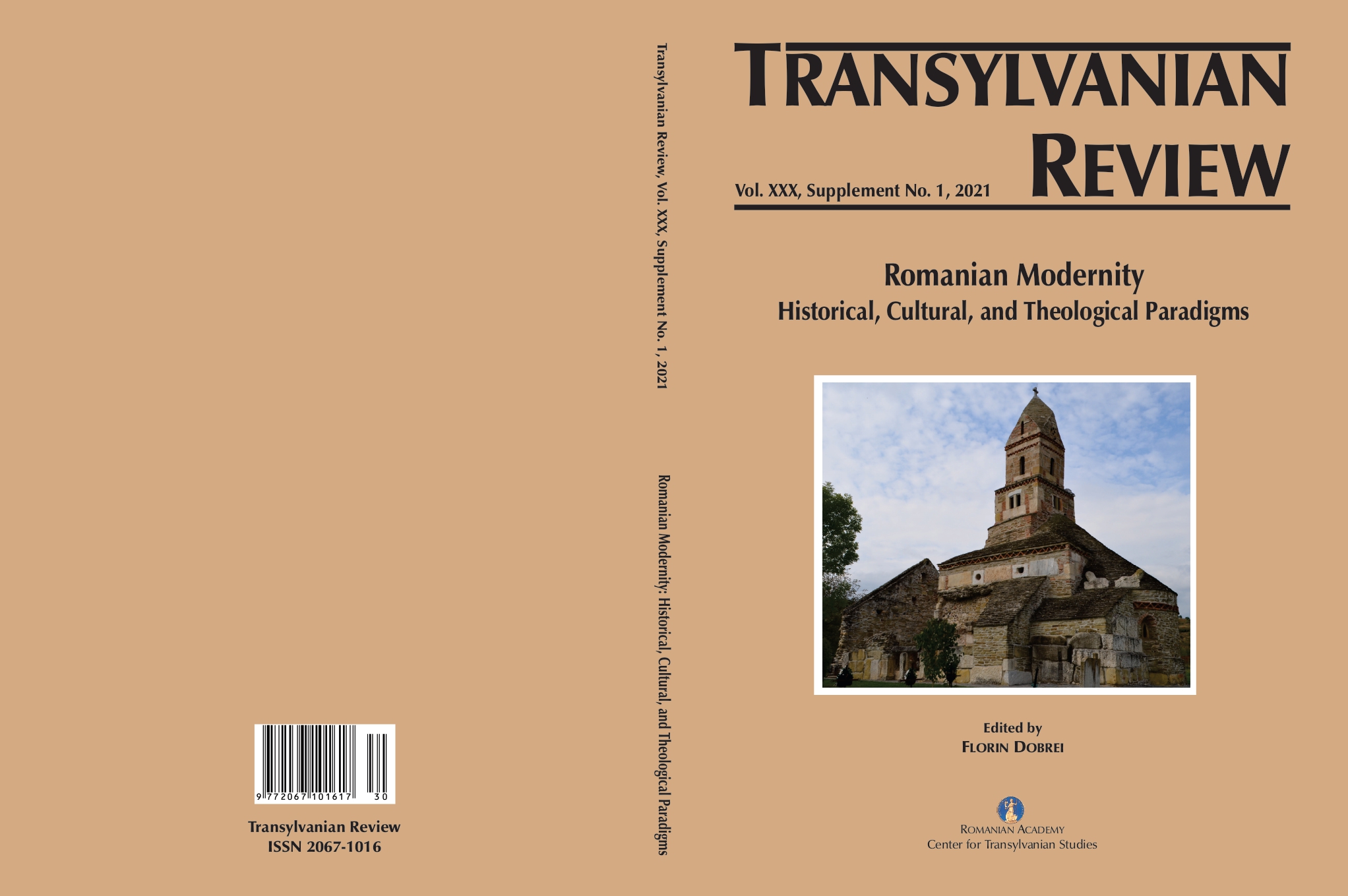The Romanian Village between Idealization and Reality: And Yet Eternity May No Longer Be Born (Just) in the Village
The Romanian Village between Idealization and Reality: And Yet Eternity May No Longer Be Born (Just) in the Village
Author(s): Ignatie TrifSubject(s): Anthropology, Social Sciences, Social history, Social development, Rural and urban sociology, History of Communism
Published by: Academia Română – Centrul de Studii Transilvane
Keywords: Romanian village; communism; migration; post-peasant society; peasant civilization;
Summary/Abstract: The present article endeavours to treat, in a comparative style, two ways of positioning oneself towards the discourse about the Romanian village: one idyllic (“the village idea”) and the other realistic (the real village). The inflation of the “village idea” has inevitably led to the ignorance of the concrete problems with which the “real village” is confronted. Any form of dichotomy between the two visions is counterproductive. The way out of this ideological whirlpool could become possible only if we take into account the spiritual dimension of the peasant civilisation as well as the need to implement some intelligent public policies to redress the Romanian village. The rural and the urban must not be thought of in a Manichean way, but complementarily. The salvation of the Romanian village from disappearance could only be ensured if we pay heed to two fundamental aspects: the spiritual renewal of the rural and of the urban coupled with a heightened attention from state authorities in regard to the real and concrete problems of the village. Any other approach which ignores this perspective risks remaining only in the territory of senseless ideology. We must avoid free idealization as well as the tendency to ideologically “set alight” the village. The only and unique modality of saving the Romanian peasant and the village is to discover again the culture of expectation as the duration of patience and love so characteristic to the peasant civilisation—patience as otherness and love as union. It is only in this way that the village and the city will reciprocally discover the joy of finding out that the spiritual, cultural and economical interdependence constitute the most appropriate ambient of survival for both of them.
Journal: Transylvanian Review
- Issue Year: XXX/2021
- Issue No: Suppl. 1
- Page Range: 185-194
- Page Count: 10
- Language: English

